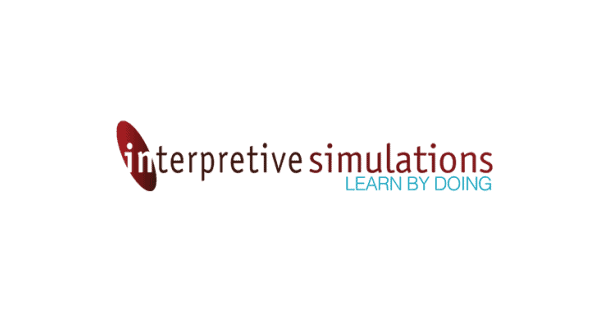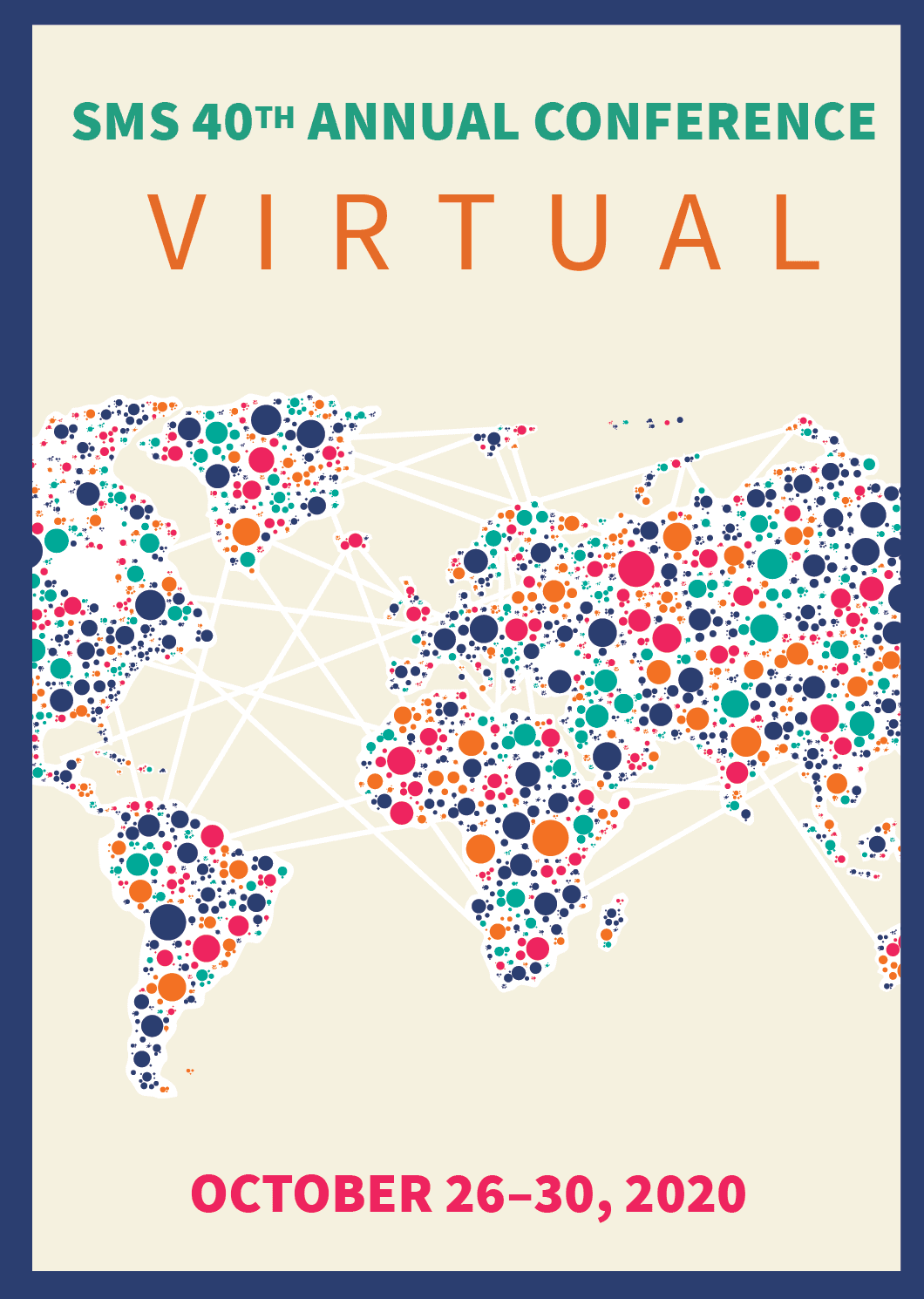Strategy in a Disruptive World
This is an exciting time to be a Strategy scholar. Following the digital revolution of the last 20 years, we are now on the cusp of another technological revolution with AI, virtual reality, robotics, and machine learning combining to radically transform the business landscape once again. Companies—still trying to adjust to the numerous disruptions that hit them over the past 20 years—need to rise up again and prepare for the next wave of disruption. They have to do so in a political and geopolitical context that is ripe with risks and threats at every turn.
At the SMS 40th Annual Conference, we want the research community to take stock of the changes of the last two decades and then consider what the future holds and how firms can cope with a disrupted and disruptive world. The potential to learn new things in these times of change is enormous, and so is the potential for us as academics to develop ideas that will help transform our societies and world.
WANT TO LEARN MORE?
Take a quick peek at our event recap to catch up on all the exciting moments from our recent gathering!
CALL FOR
PROPOSALS
Over the past 20 years, we have witnessed a tsunami of demographic, technological, societal, and institutional changes brought about by the digital revolution. In combination, these changes have had a tremendous effect on how we work, how we shop, how we live our daily lives, and what we value or consider important at home and at work. For example, today’s employees expect to work for multiple employers over their lifetime, whereas their parents were comfortable with the notion of a job for life. Similarly, today’s customers tend to be less patient, more demanding, more informed, less forgiving, and more vocal. A single bad customer interaction has the potential to become a global PR disaster through social media.
These changes, in turn, have influenced how companies manage employees, how they serve customers, how they are organized, and how they compete with each other. For example, we have witnessed a shift away from hierarchy toward networks; away from industries toward ecosystems; away from traditional strategies toward platform strategies; away from fixed pricing toward dynamic pricing; away from mass marketing toward customized marketing; away from bricks and mortar toward online distribution; and away from closed innovation toward open innovation.
Disruptive as these changes have been, it is likely that the changes we have seen so far will pale in comparison to those unfolding in the next few years as a result of technologies such as artificial intelligence (AI), robotics, virtual reality (VR), machine learning, and synthetic biology. Just when companies thought they could take a breather from responding to the digital disruption, they will need to rise up again and prepare themselves for the next wave of disruption.
How do companies prepare for the next wave of disruption? What new strategies, organizational structures, and managerial skills will they need to compete in a constantly evolving competitive landscape? What new organizational forms and governance systems will emerge to allow companies to compete in a more agile way in such a disruptive world? How can leaders prepare their organizations for continuous transformation? What should governments do to create a level playing field while preventing companies from growing into giant monopolies? As strategy researchers and educators, how do we prepare our students to compete in this disruptive world?
We believe strategy researchers ought to consider these questions and develop the answers that will help managers and firms cope with the challenges they are starting to confront. At the SMS 40th Annual Conference, we want the research community to take stock of the changes of the last 20 years and then consider what the future holds and how firms can cope with a disrupted and disruptive world. We call for proposals that reflect how the business landscape is likely to change and how organizations can prepare themselves for this new world.
CONFERENCE SPONSORS



